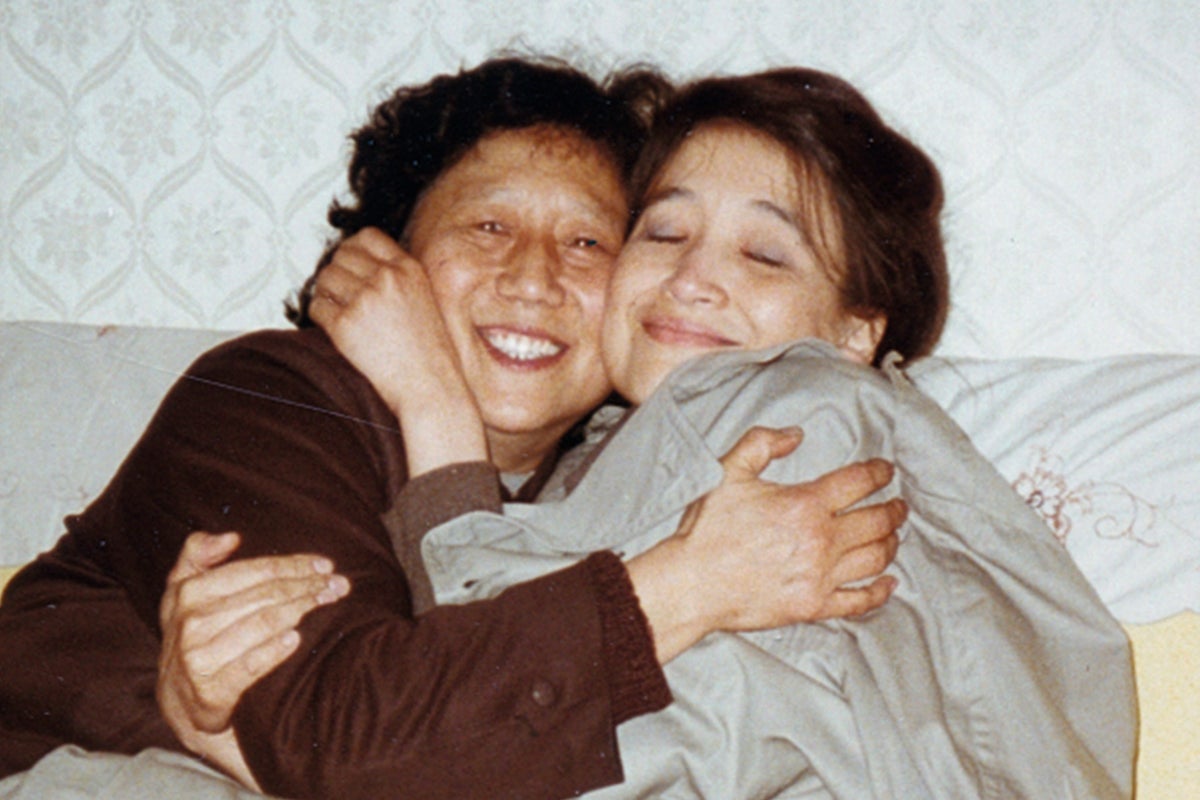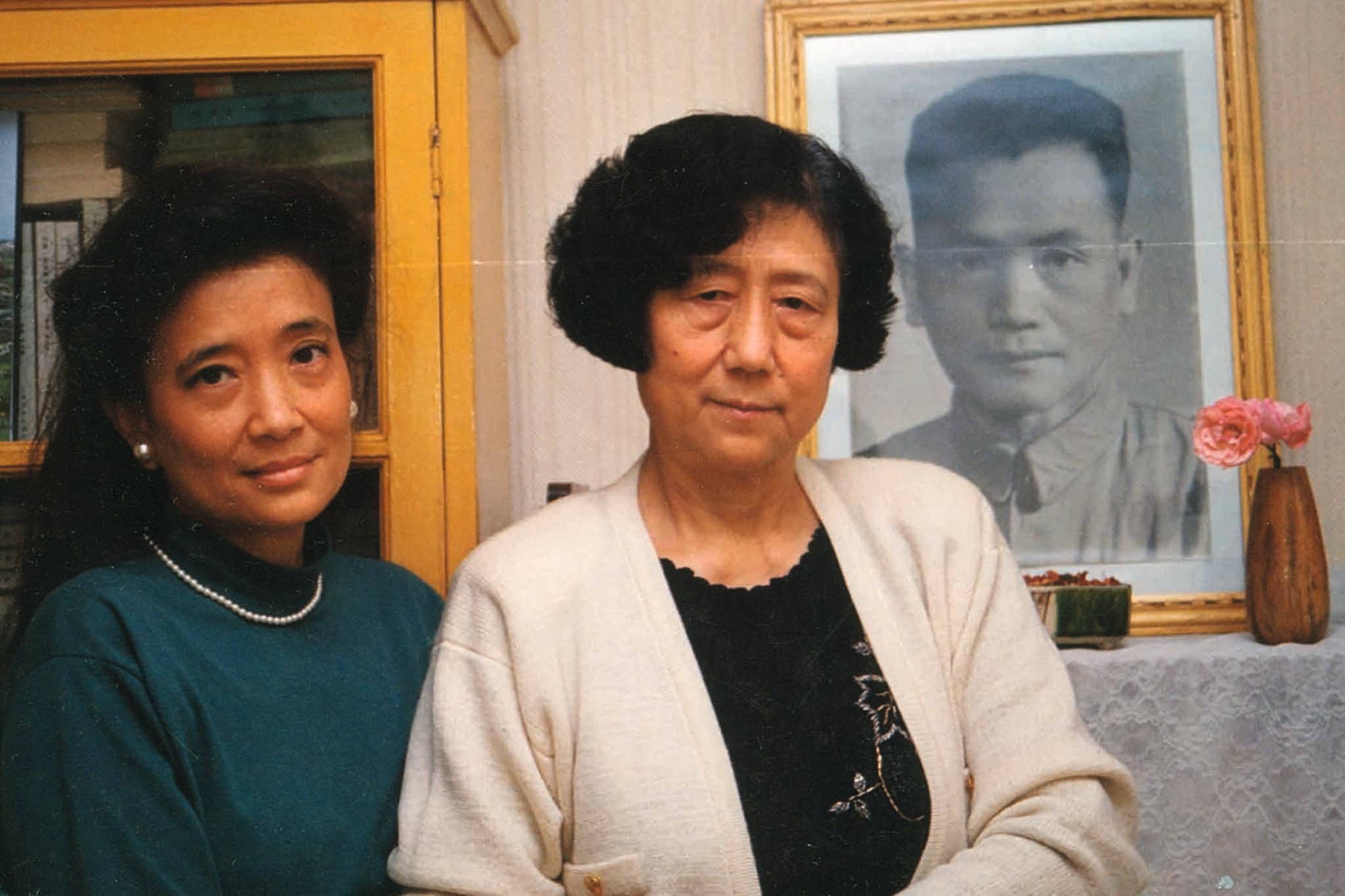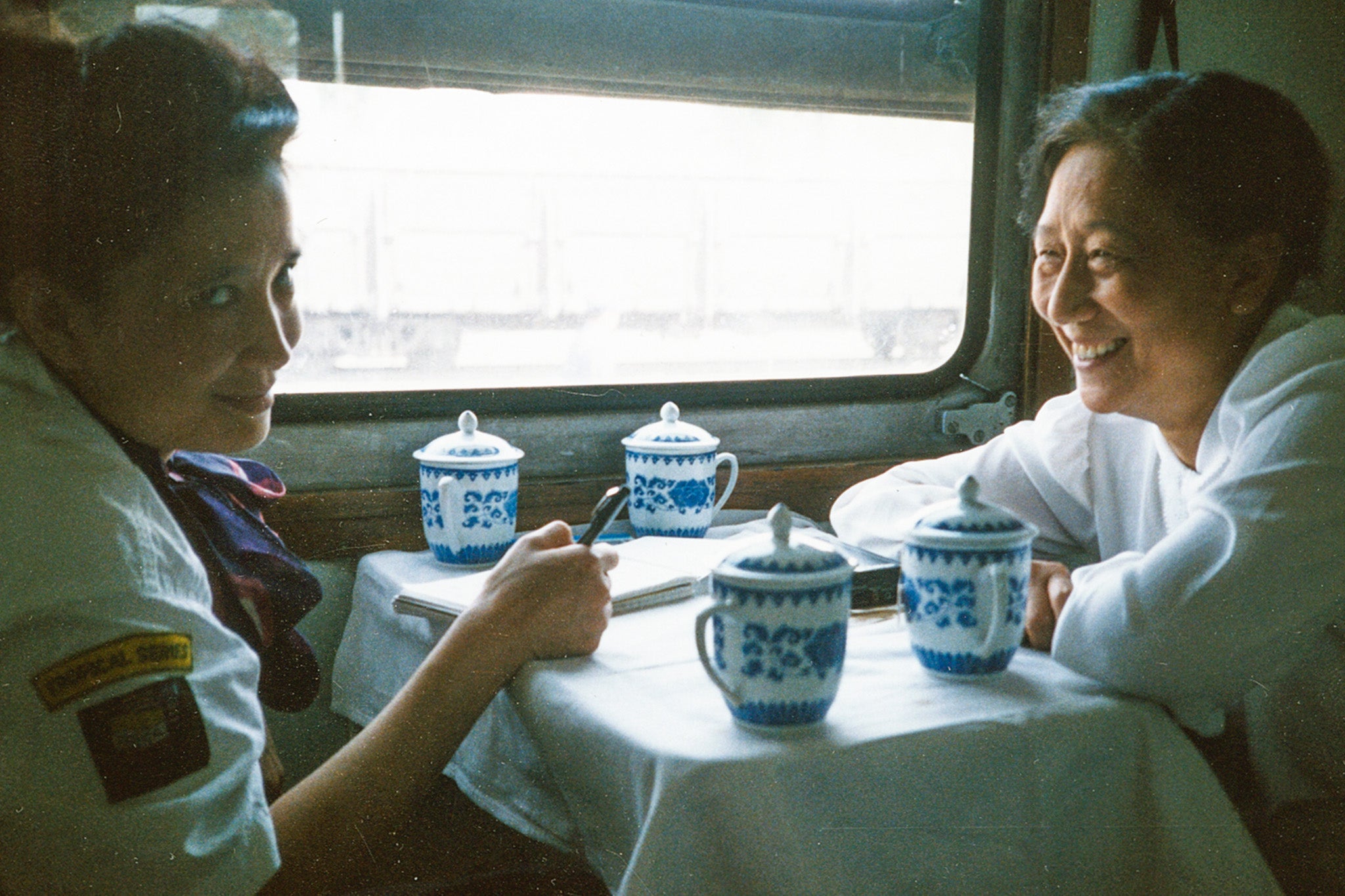
An award-winning author has spoken of her heartbreak at not being able to visit her dying mother in China, fearing she could be jailed over her powerful account of life under the country’s authoritarian regime.
Jung Chang, the London-based author of the 1991 bestselling memoir Wild Swans, says she last saw her mother in 2018. Since then, her mother’s condition has worsened, and her relatives in China have warned Chang to prepare for the worst.
In an interview with The Independent, Chang recalls the cruelty and hardship she, her mother and grandmother had faced in 20th century China, spanning 100 years from Emperor Puyi’s rule to Chairman Mao’s Cultural Revolution.
In her new book, Fly, Wild Swans, Chang describes her life in the UK after leaving Chengdu in southern China in 1978, and the struggle to be reunited with her mother, who remains in the country. She dedicates the book to “My mother, whose deathbed I am unable to visit”.
While China has dramatically transformed from an isolated nation under Chairman Mao into a global economic powerhouse, Chang says authoritarianism lingers through strict censorship and limited political freedoms.

After Xi Jinping came to power in 2013, critics say he has increased state control and rules with an iron fist against dissent. Chang believes she has fallen foul of this tightening grip.
“One of the very first orders he gave after he came to this position was to make insulting revolutionary heroes a crime punishable by imprisonment.” she says. “I’d documented Mao’s misrule, so I was ripe for the accusation.”
After a long and exhausting battle with Chinese authorities to re-enter the country, Chang made the agonising decision to stop trying. “I probably would still be let into China, but I might not be let out,” she says.
She regularly hears from her siblings who live close to her 94 year-old mother, who is at a nursing home in Chengdu. “Several times, my sister has been told to prepare for my mother’s death, but then she pulls through. Her mind is still there, and until quite recently, I could have meaningful conversations with her, but in the past few weeks, she no longer has the energy to talk.

“It’s very sad I can never see her again, but that’s the professional hazard of being a writer, and that’s what my mother encouraged me to do.”
It comes as Xi hosts more than 20 leaders of non-Western countries, including Russia’s Vladimir Putin and Indian Prime Minister Narendra Modi, at the Shanghai Cooperation Organisation summit in the Chinese port city of Tianjin.
In his opening remarks on Monday, Xi criticised the “bullying behaviour” of other countries in what appeared to be a broadside at the West.
His comments add to ongoing tensions between China and Western nations over trade, human rights, security and Beijing’s support of Putin’s war in Ukraine.
Major US and UK security leaders have previously warned of China posing a more dangerous threat to the security of the West than Russia, a view that Chang shares. “In the sense that it asserts an ideology that’s specific goal is to destroy the capitalist world,” she says.







